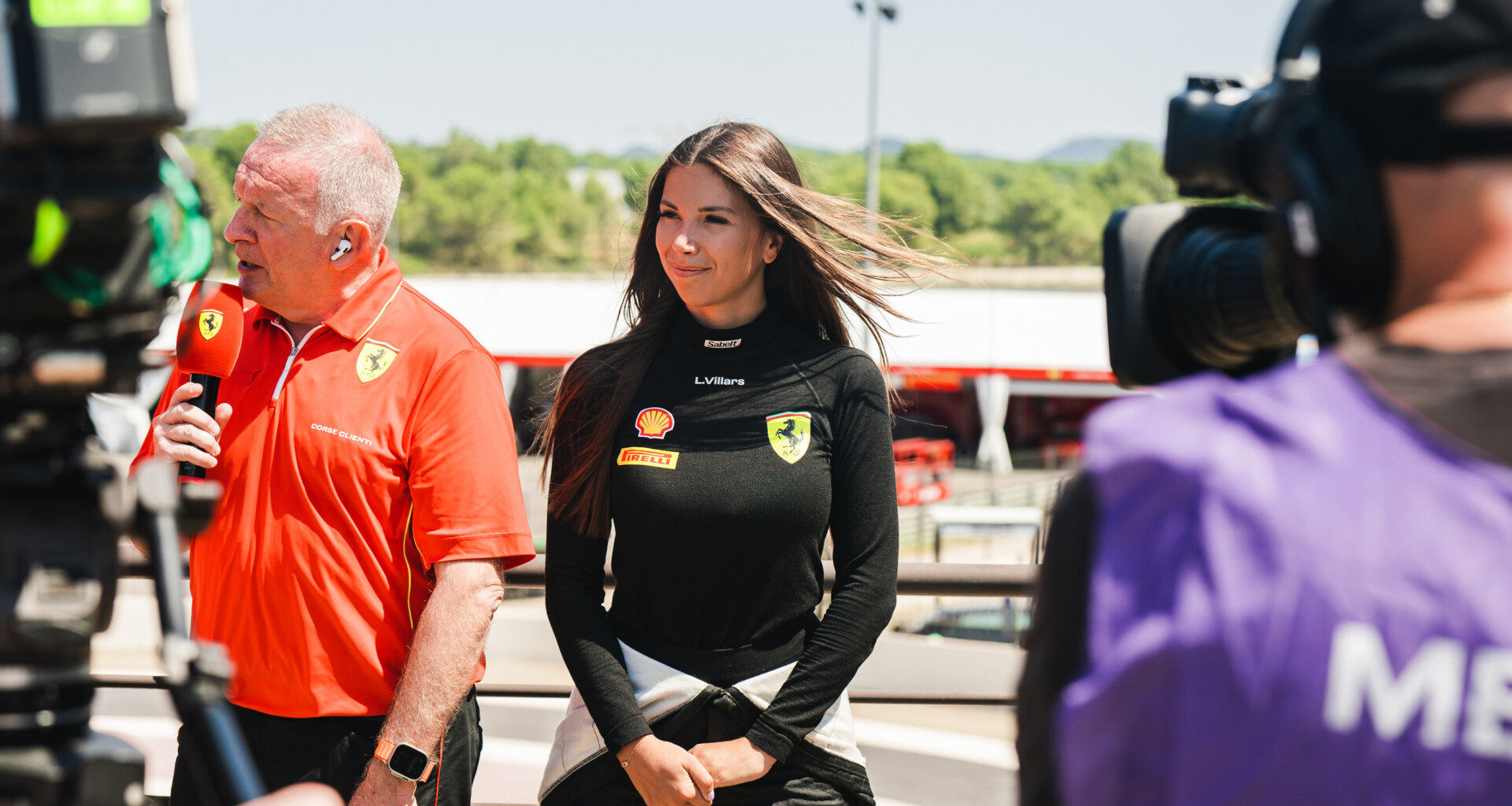
Swiss racing driver Laura Villars has announced her candidacy for FIA president. Image: PR Newswire
The 28-year-old announced her campaign on Thursday, confirming she will run against incumbent president Mohammed Ben Sulayem and American motorsport official Tim Mayer in the election scheduled for December 12 in Uzbekistan.
“The FIA must once again be the federation of clubs and license holders,” Villars said.
“My ambition is a governance that is more democratic, more transparent, more responsible, and open to women and new generations.
“I strongly believe that motorsport needs diversity and innovation to keep inspiring younger generations worldwide.”
Villars’ manifesto is built around five key pillars: empowering member clubs through greater consultation, improving financial transparency, creating a sustainability-focused “FIA Eco-Performance” label, expanding the Women in Motorsport program, and launching a Young Leaders Academy to support the next generation.
Her surprise entry adds a historic dimension to what had until earlier this year looked like a straightforward path to re-election for Ben Sulayem, who succeeded Jean Todt in 2022.
Until Villars’ announcement, the only confirmed challenger was Mayer, a long-time FIA steward who declared his bid in July.
The FIA has yet to confirm receipt of Villars’ full candidacy paperwork, with the process requiring the submission of a presidential list including deputy presidents and vice presidents to represent regions across the world.
She has until October 24 to formalise her entry.
Villars brings a unique racing background rarely seen for an FIA presidential hopeful.
Born in Switzerland in 1997, she has competed across a variety of categories including F4 UAE, F4 Saudi Arabia, the Ferrari Challenge and the Ultimate Cup Series, where she finished fifth overall in 2023.
She is currently racing in the Ligier European Series with Team Virage.
If successful, Villars would become the first woman to lead the FIA, a landmark moment for motorsport governance.
Her candidacy also arrives at a time when the organisation has faced mounting questions over transparency and governance under Ben Sulayem’s leadership, placing diversity and accountability at the centre of the 2025 campaign.

